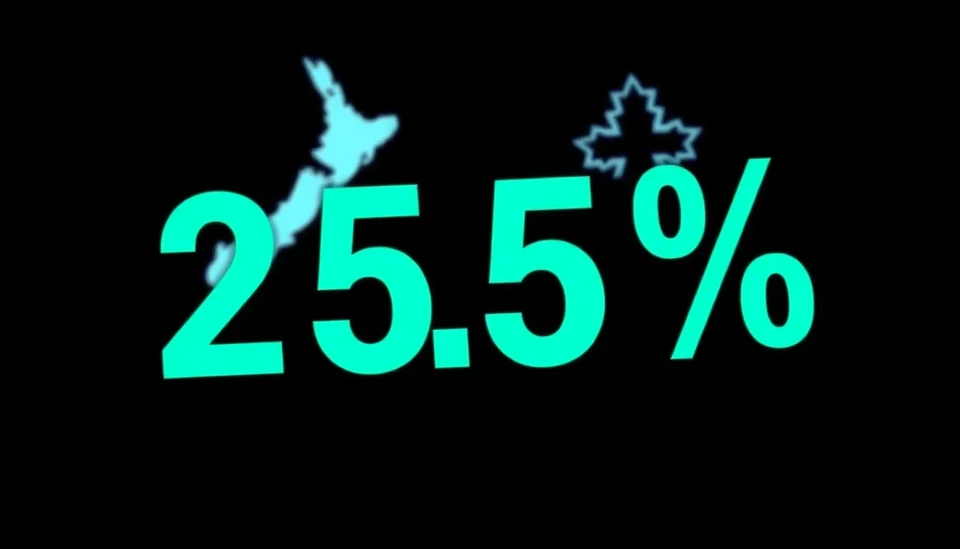
In recent developments, New Zealand's labor market has shown signs of cooling as the unemployment rate rose to 4.2%, a figure that is notably less alarming than initial forecasts suggested. Analysts were predicting a more significant uptick, estimating the jobless rate could rise to around 4.5% but were pleasantly surprised by the smaller increase reported.
The official statistics revealed a decline in employment figures, with a reduction of approximately 8,000 jobs in the September quarter. This was a noteworthy shift from the previous employment growth seen in earlier months. The recent data highlights a cautious trend among employers, who are seemingly adopting a wait-and-see approach amidst economic uncertainty.
In terms of sector performance, the decline in jobs has been uneven, with some industries experiencing substantial decreases in hiring. However, others remain robust, which suggests a mixed economic backdrop. The services sector, closely tied to consumer spending, has been particularly adaptive, with many firms continuing to seek talent despite the overall drop in employment numbers.
Adding to the complexities of the current labor environment is the rapid inflation that has been pressuring wages. While the average hourly earnings rose slightly, the increase has not kept pace with the cost of living, leading to concerns about purchasing power among workers. Economists warn that stagnating wages coupled with rising costs may lead to reduced consumer confidence in the coming months.
The Reserve Bank of New Zealand (RBNZ) has indicated that it will continue to monitor the situation closely. They are committed to their mandate of steering inflation back to target levels, and the latest employment data provides critical insights as they navigate their monetary policy decisions. The bank has previously signaled that interest rates may need to remain elevated for an extended period to counter inflationary pressures.
Overall, while the increase in the unemployment rate aligns with broader economic trends observed globally, the lower-than-anticipated rise suggests some resilience in New Zealand's job market. The coming months are likely to be pivotal as businesses respond to economic conditions and adapt their employment strategies accordingly.
As stakeholders await the forthcoming economic indicators, the focus remains on how the labor market will evolve in response to the intertwined challenges of inflation and job growth. The upcoming months will serve as a litmus test for both the nation's economy and the effectiveness of policy measures implemented by the RBNZ.
In conclusion, while New Zealand's job market is feeling the effects of economic headwinds, the modest rise in the unemployment rate may indicate a more stable environment than experts had feared. Stakeholders will be keenly observing future reports to gauge the ongoing health of the economy.
#NewZealand #JobMarket #UnemploymentRate #Economy #RBNZ #EmploymentTrends
Author: Laura Mitchell




